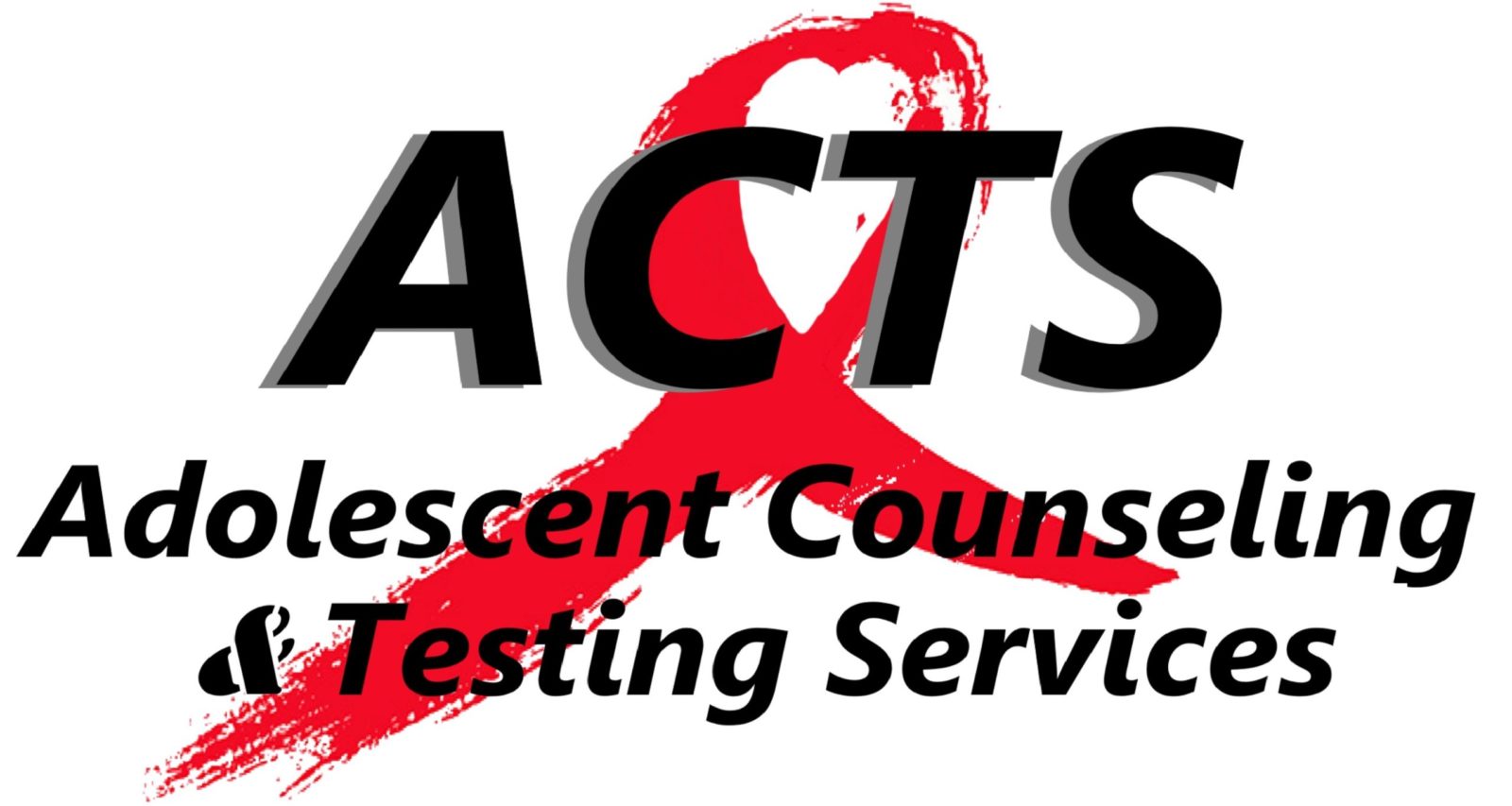Together, we can do better
Miami, Florida is a unique and beautiful city. It is a favorite destination for vacation and business conferences and boasts stunning beaches and a rich history and culture. However, often overlooked are the public health and education issues underlying a misleading appearance of paradise. Our youth suffer the most from this lack of awareness. For example, Miami currently holds the highest rate of new HIV diagnoses in the nation. In 2017, youth ages 13-24 received 12% of new diagnoses (1). Also, although Miami represents only 13% of Florida’s population, it is home to 24% of those living with HIV in the state (1). According to the Centers for Disease Control and Prevention surveillance reports, Miami has consistently topped the national list of HIV/AIDS rates dating back as far as 1993 (2). Why?
I work as a clinical program coordinator with the University of Miami’s Adolescent and Counseling Testing Services (ACTS). We direct an ongoing campaign named “Promote 2 Prevent,” an initiative to encourage young adults to take charge of their health and lives through counseling, HIV/STD testing and community engagement. Our patients frequently present us with overlapping issues: homelessness due to negligent parents, school absences because of a struggle with substance abuse – the Venn diagrams are a perfect circle. Miami is burdened with high rates of human trafficking, homelessness, substance abuse, and poverty. These conditions are worsened by a disparity in the availability of high quality education. Many leaders recognize these problems and devote their careers to combating them, as exemplified by the large number of organizations and campaigns established in our county. So again, why is Miami still overwhelmed by public health issues?
There are a number of reasons: unique needs of a minority and immigrant population, widespread drug use, touristic escapism, and marginalized populations that have insufficient access to high quality health care and education. One reason stands out. Community health workers typically have one or two liaisons that are assigned to conduct site visits to other organizations and engage in health committees. Thus, the majority of the members of an organization may be unaware of local resources that they can recommend to their patients. An increase in collaboration is required to make a difference in the lives of our at-risk and disadvantaged residents. ACTS is working to provide the medium: an online and comprehensive Miami-Dade Care Directory, created by the people, for the people. It is featured on this page. We hope it will eventually serve as a cornerstone for our community as a resource for patients and providers. We want to call our fellow public health leaders to action and ask that they submit a listing request to our website, so that we can provide the most accurate and updated information possible. While referrals can be of assistance, patients can become lost to care if they have to jump through too many hoops to achieve communication or an appointment. We aim to break down this barrier by planning for team members to conduct weekly site visits to potential partners to introduce ourselves, provide contact information, and ask for the contact information of a representative that can simplify the transition from our clinic to their services. We encourage local services to do the same. Together, we can do better.
Learn more at www.promote2prevent.org. The directory can be found under “MIA Community.” To submit a listing request, click here.
1. https://www.flhealthcharts.com/charts/default.aspx 2. https://www.cdc.gov/hiv/library/reports/hiv-surveillance-archive.html
